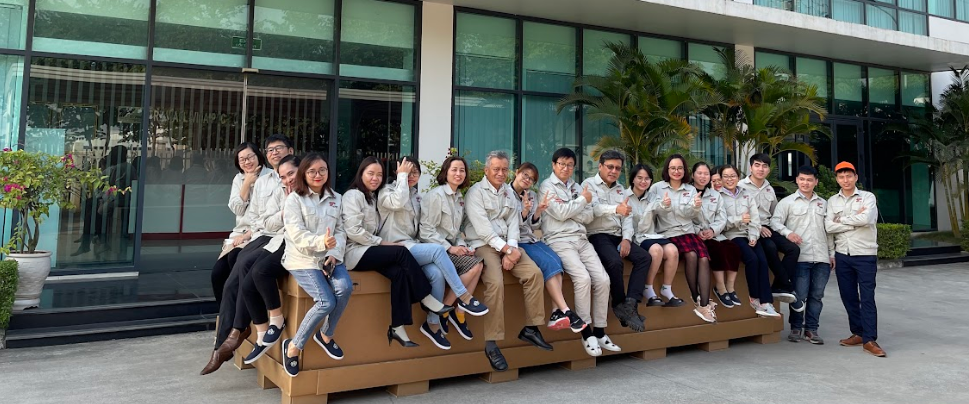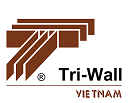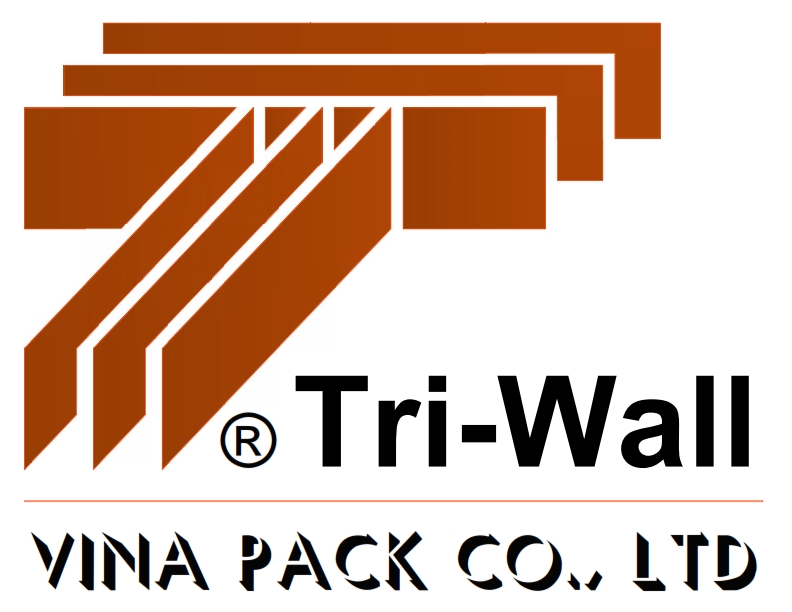TRI-WALL GROUP
“One World, One Tri-Wall”
The name “Tri-Wall” came into existence in the early 1950’s when Abe Goldstein, a small box maker in New Jersey, USA, invented the manufacturing process for a new, heavy-duty corrugated material he dubbed “Tri-Wall Pak®”.
As a replacement for wood and other outmoded materials that had dominated transport packaging up until that time, Tri-Wall Pak®’s many advantages were quickly recognized. Within a decade of its introduction into the US marketplace, Tri-Wall Pak® could be found in virtually every area of industrial and agricultural transport packaging.

The great success of Tri-Wall Pak in the US led the company to extend its reach worldwide through a series of local partnerships. Beginning with the UK in the late 1960’s, Tri-Wall came to Asia in 1974 when the company established a partnership with one of Japan’s largest paper companies. Over the next thirty-years the tremendous success of TRI-WALL K.K. in Japan led the company to expand into the neighboring regions of Korea, Taiwan, SE Asia, and China. This was the beginning of what we now call the “TRI-WALL GROUP”.
In 2010, Tri-Wall’s corporate headquarters was shifted from Tokyo to Hong Kong, a natural move reflecting the Group’s increasingly International corporate profile, and China’s central importance to the Group’s long-term vision and growth. From Hong Kong, TRI-WALL LIMITED oversees the Tri-Wall Group subsidiary holding companies for Japan, Southeast Asia, and China. Key functions include corporate planning, group financing, IT, and public/investor relations.
TRI-WALL VINA PACK CO., LTD
| Established | November, 2012 |
| Represented | Mr. Keiya Oka – Director |
| Address | PHO NOI A INDUSTRIAL PARK
D1 Street, Yen My II Industrial Park, Yen My Town, Yen My District, Hung Yen |
| Branch | LONG DUC INDUSTRIAL PARK
A-2,4 Road N1-2,Long Duc Industrial Park, Long Thanh, Dong Nai |
| Business | Providing heavy-duty packaging materials, design, and services for exporting and factory-to-factory transport of heavy and/or high-value components.
Servicing primarily automotive, aerospace, chemicals, heavy industry, document management, electrical and electronics, and agricultural sectors. Specializing in brand “Tri-Wall Pak” and “Bi-Wall Pak” heavy-duty AAA triple-wall and AA double-wall corrugated packaging, and brand “Uni-Pak” returnable packaging systems. Holding company and corporate management of subsidiaries. |
| Supply for |
|
| Strong points |
|
| Capital |
|
| Parent Company |
|
| Shareholder |
|
| Number of employees |
|
| ISO |
|

Contributing to environmental protection
Reducing the burden on the environmentTri-Wall packing materials are useful for saving wood resources.
Replacing wooden boxes with Tri-Wall Packs can save about 60% of wood resources, and packaging materials are lightweight and small, and can be stacked to transport more at a time, reducing the amount of CO2 emitted. Best of all, it’s all recyclable.
As a CSR practice, Tri-Wall is dedicated to protecting our precious environment, reducing the environmental impact of our activities, and striving to have a positive impact on the communities in which we operate. In 2021, Tri-Wall Group was awarded a silver medal by EcoVadis for its corporate social responsibility practices.

Striving for innovation.
Offers total cost reduction
“Innovation” is the basis of Tri-Wall’s activities. Our proposals to our customers begin with the design. Most of the packaging we propose is made-to-order design according to specific requests that match the customer’s product and manufacturing function, with the ultimate goal of “total cost reduction” for the customer.


